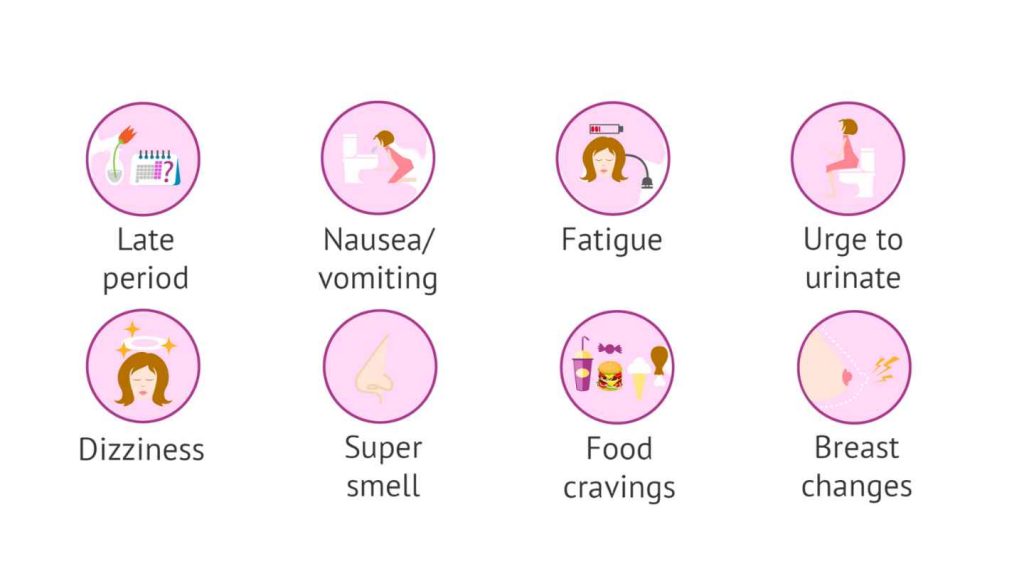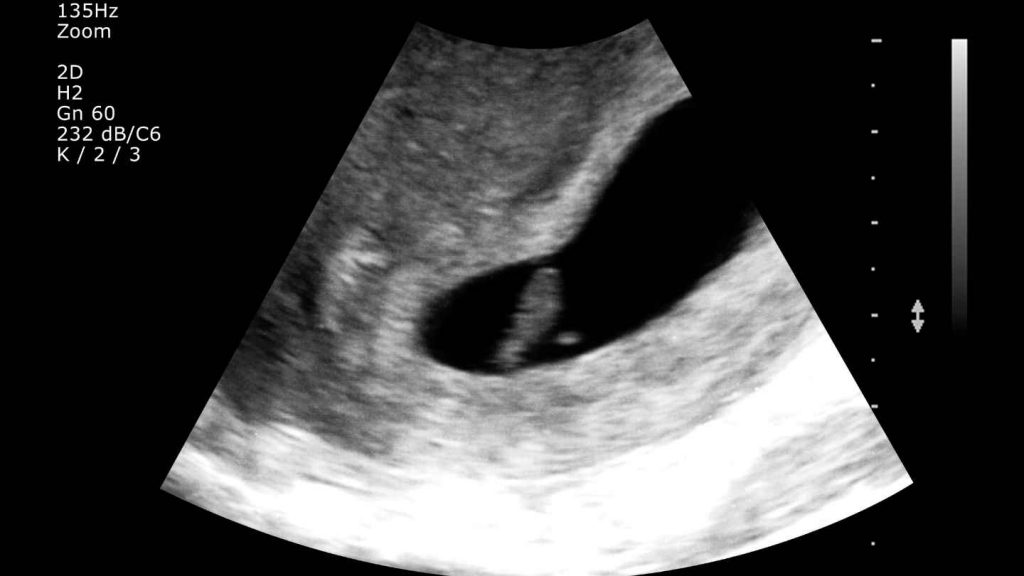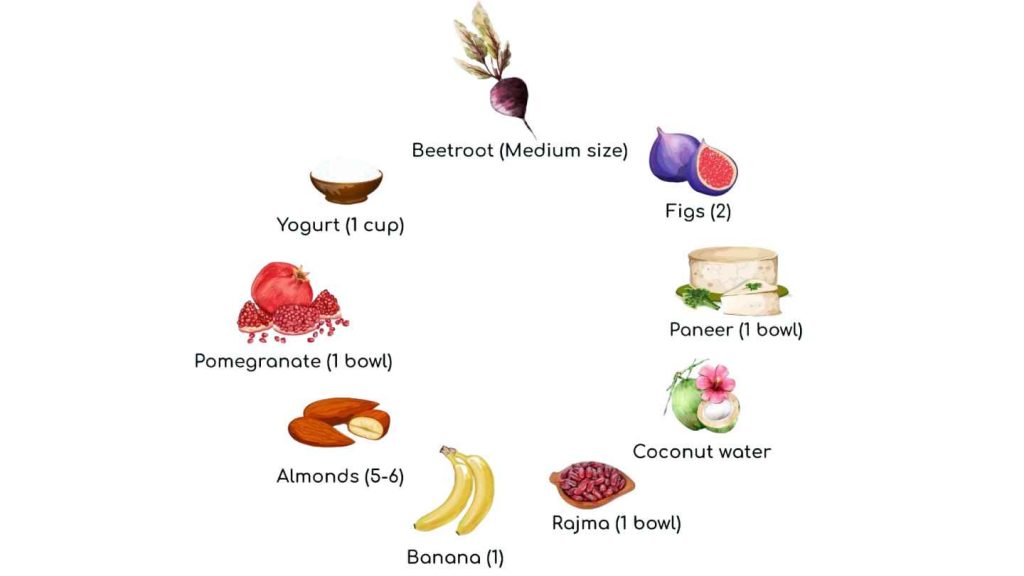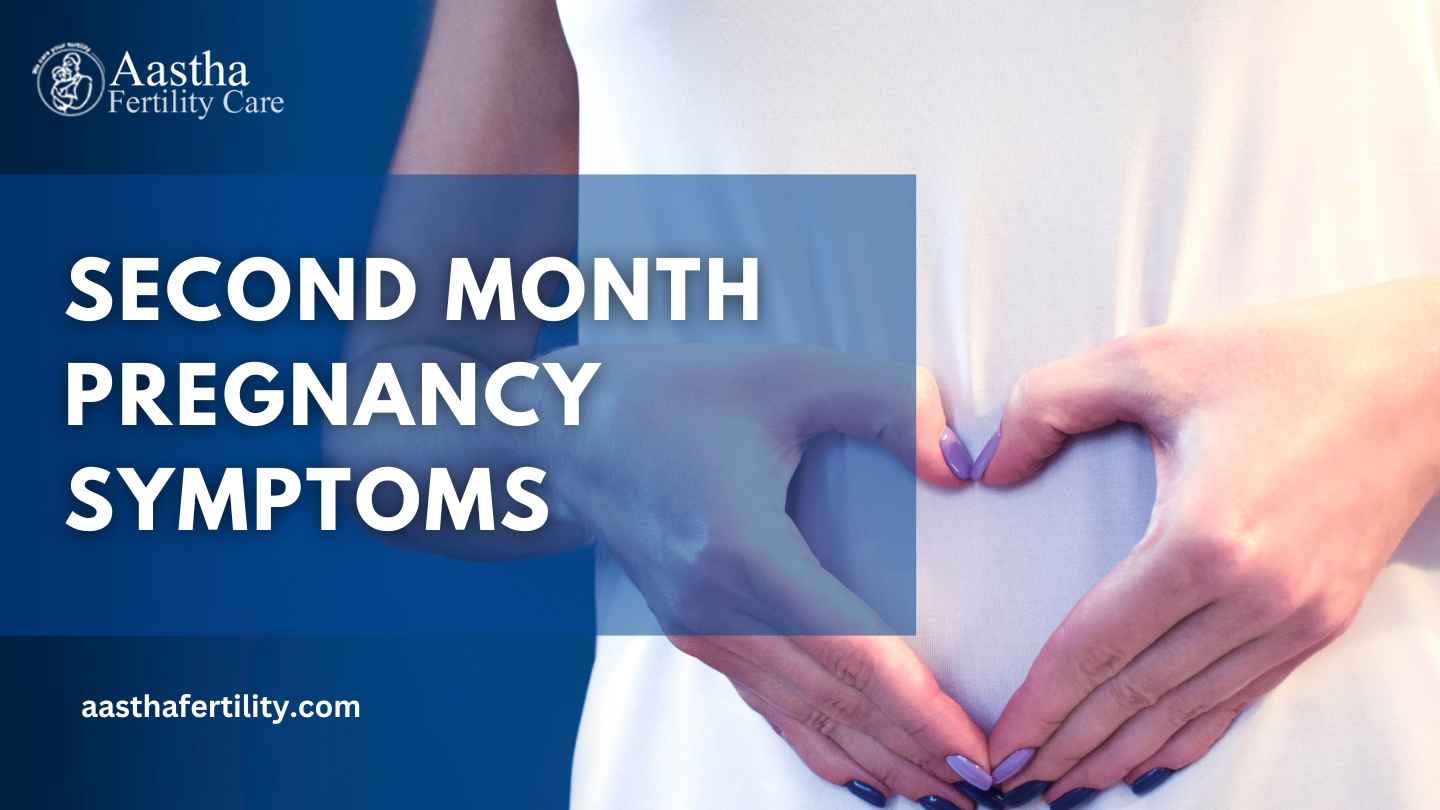Table of Contents
ToggleCongratulations on your pregnancy!
Be it through IVF or IUI, 9-month pregnancy is an exciting time, filled with joy, fear, anticipation, and curiosity. First month pregnancy is not similar to all. Parents are usually getting assurance and reassurance based on first month pregnancy symptoms. That’s why we have created blogs on what to expect during each stage of your pregnancy, including the first month. This blog is your guide on the first month of pregnancy, fetus development, and proper prenatal care during this time. So, let’s get started!
First Month Pregnancy – Prenatal Cycle Starts 1-4 Week
The first month of pregnancy is calculated when you observe the missed period. Your body starts showing symptoms like nausea, heavy breast, fatigue, and sometimes spotting. Pregnancy is confirmed only after your urine and blood test report shows a high level of hCG hormones. The test result is positive, then.
To calculate the pregnancy week, we count from the first day of your last menstrual period, and it is during this time the egg is fertilized by sperm and implanted in the uterus.
First Month Pregnancy Symptoms

As we stated above, not all women experience the same symptoms in the first month of pregnancy. Whereas many experience none of them. Once your test shows positive results, knowing the symptoms only helps you manage the body changes and calm yourself.
- Nausea and vomiting: The most common symptom is experiencing morning sickness during the first month of pregnancy. You may have this constant discomfort from mild nausea to severe vomiting throughout the day. happen at any time of day. Protein-rich food, toast, and rasgulla are quick remedies to help you with morning sickness.
- Fatigue: Your body is adapting to the changes; hence you may feel more tired than usual. Take proper sleep and give frequent rest to your body throughout the day.
- Mood Swings: Your mood swings may become more frequent and more intense during the first 2-3 weeks of pregnancy.
- Breast Changes: The brain starts sending signals to the body to prepare for lactation soon after your body has high hCG levels. To which the immediate response is stimulated lactation hormone and blood flow towards the breast, which can make them sore, swollen, and tender.
- Constipation: The hormonal changes slow food movement through your digestive system, which may cause constipation in pregnant women.
Uncommon Pregnancy Symptoms in A First Month
- Spotting Or Cramping: Only some women experience spotting or cramping during the first 30 days of pregnancy. This is uncommon but not risky. It is still safe to consult with our IVF specialist to rule out any severe implications.
- Frequent Urination: Pregnant body requires more fluids and blood to support the fetus’s growth. For this reason, you may now have to use the toilets to pee frequently.
Danger Signs of Pregnancy in The First Trimester
We wish a healthy body and mind to both you and your baby. But, if you experience any of the following symptoms, consider them as danger signs and rush immediately to Aastha Fertility Center.
- Heavy Bleeding: Don’t mistake heavy bleeding for spotting. Spotting is just a few spots, while bleeding will be continuous and heavier. If you experience heavy bleeding, contact your gynaecologist right away.
- Severe Abdominal Pain: If your abdominal pain is getting intense and you are in discomfort, this is a red flag and a possible symptom of ectopic pregnancy.
- Fever Or Chills: Your body is working hard, hence may become vulnerable to infection like UTI, which may show symptoms of high fever or chills, burning during urination, or strong-smelling urine, which can be dangerous for both you and your baby.
- Severe Nausea Or Vomiting: Morning sickness in first-month preganancy turns into hyperemesis gravidarum, causing dehydration and other complications.
What To Expect in First Month Ultrasound Report

Overview of Fetal Development
Your 16-17 days baby is still an embryo and will resemble a small bubble. Your child is still tiny, and the resemblance of a baby is still too young to see. But you can certainly listen to their heartbeat.
But within this first month, the neural tube start forming, which will eventually be the baby’s brain and spinal cord. Also, Placenta, the most important cord that would provide oxygen and nutrient to your baby, begins to develop.
What Should You Eat in the First Month of Pregnancy

Even while struggling with the abovesaid symptoms, it is still important for the mother to eat properly to support the baby’s developing important organs and systems. Here are some foods that you should include in your diet during the 1st month of pregnancy:
- Protein is important during pregnancy for mothers to build and repair tissues rapidly.
- Eat Fruits and vegetables and more fiber foods to prevent constipation: These are important sources of vitamins, minerals, and fiber. Aim for at least five servings per day.
- Include calcium in your diet through milk, paneer, and yoghurt for better bones and teeth for your baby.
- Eating iron-rich vegetables, fruits, and cereals like spinach and pomegranate promote oxygen flow to your baby.
- Foods rich in folic acids, like green vegetables, oranges, and grapes, can help prevent brain and spine birth defects.
- Stay hydrated during pregnancy by drinking plenty of water and other fluids.
What Should you Avoid in your First Month Pregnancy?
- Avoid alcohol and limit your caffeine intake
- Avoid long traveling hours
- Avoid being in the same posture for a long time
- Avoid getting close to your partner
- Avoid taking unnecessary stress.
Important Prenatal Supplements to Take during First 4 Weeks
We prescribe important prenatal supplements in the first week of preganancy to ensure that you and your baby get the required nutrients for healthy growth and development. The commonly prescribed prenatal supplements, according to NHS, include:
- Folic acid: Recommend taking 400-800 micrograms of folic acid daily
- Iron: Recommend taking 30 mg of folic acid daily
- Calcium: 1,000-1,300 milligrams of calcium per day.
- Vitamin D: 10mg of Vitamin D daily.
- Omega-3 fatty acids: 200-300 mg of Omega-3 fatty acids
Should I Exercise in The First Week of Pregnancy?
- If you have a history of miscarriage or high-risk pregnancy, you should avoid exercising in the first week of pregnancy.
- Avoid doing a high-intense workout like Tabata or HIIT to avoid any risk of falls or trauma.
- If you are cleared for exercise, it is generally recommended to engage in prenatal yoga.
Sleeping Postures During The First Week of Pregnancy
There is typically no need to focus too much on your sleeping posture in the first 30 days of the pregnancy, as the fetus is too small to be affected. Still, you can follow these tips for more relaxation and comfort for you and your baby.
- Sleep on your left side during pregnancy as it improves blood flow to the uterus and fetus.
- To provide additional support, place a pillow between your knees, under your belly, or behind.
- If you have the habit to sleep on your belly, it is best to start avoiding it to prevent discomfort later in pregnancy.
- If you are experiencing heartburn or acid reflux during pregnancy, try keeping a pillow under your head to help alleviate symptoms while sleeping.
- Sleeping on your back after the first trimester can reduce blood flow to the uterus and potentially harm the fetus, so start practising sleeping on your sides.
With this read, you will now be much more aware of the first 4 weeks of your motherhood, which may come with some challenges and uncertainties. At the same time, it is also a time of great excitement and hope for the future. “Aastha Fertility Care” is always there for the right care and support for the women who have undergone IVF treatment and look forward to a healthy and happy pregnancy.
Frequently Asked Question
1. When should I schedule my first prenatal appointment?
Prenatal starts in the second month of the pregnancy after confirmation of pregnancy.
2. What should I expect during the third month of pregnancy?
The 1-month pregnancy symptoms will be getting mild by the end of your first trimester. You will start experiencing the Braxton Hicks contraction and may start gaining weight.
3. How much weight should I expect to gain during pregnancy?
Usually, mothers gain 2-3 kg of weight in the first three months of the pregnancy and 10-15 kg in the entire pregnancy. But 70% of the weight is instantly shed off on the delivery.





Leave a comment